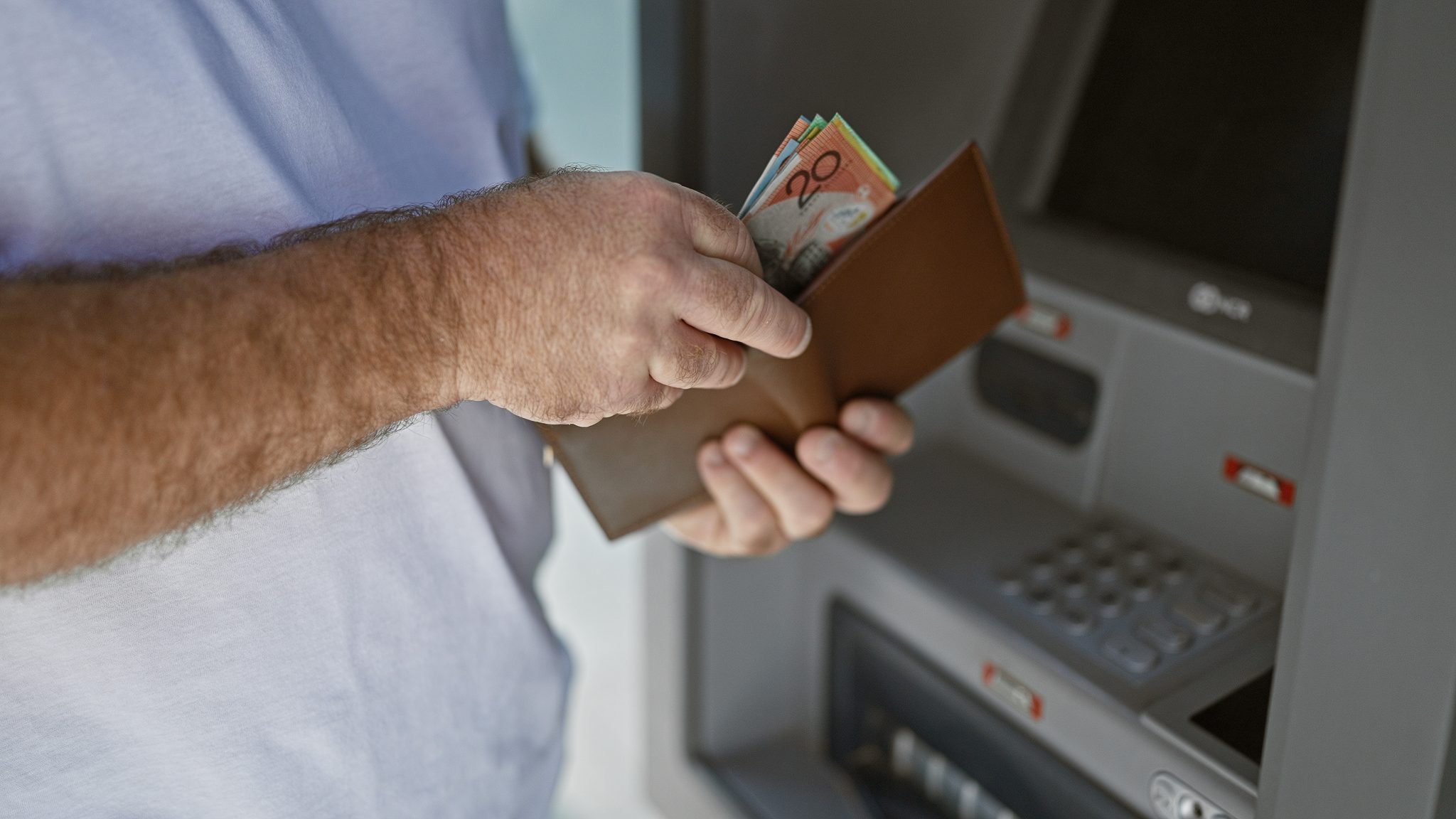Owning a home is a dream for many of us, and securing a home loan is a crucial step in turning that dream into reality.
However, did you know that some common spending habits could raise eyebrows with lenders?
Smart money management and cutting back on certain expenses can significantly improve your chances of home loan approval – before and during the home loan process.
Let’s explore spending habits and money-saving tips that can set you on the path to financial success with your home loan application.
- PayPal transactions: While there’s nothing inherently wrong with using PayPal for convenience and safety with your purchases, it’s essential to be cautious with this payment option. Certain expenses, like online gambling and other undisclosed vices, often use PayPal with vague descriptors, making it challenging for lenders to assess your spending habits. Opting for purchases through traditional bank accounts provides a clearer picture for lenders during the assessment.
- Buy now, pay later services: The allure of buy now, pay later (BNPL) services is strong and has been for many years now. However, they can impact your credit score. Applying for a BNPL service may be recorded as an inquiry on your credit report. Missed payments can lead to defaults reported to credit agencies, tarnishing your credit report. The Australian Prudential Regulation Authority (APRA) recently amended its framework to include BNPL debts in debt-to-income (DTI) ratios, potentially limiting your home loan borrowing capacity. A high DTI can lessen your home loan borrowing capacity or even lead to rejection; so BNPL schemes are payment methods to be conscious of.
- Dipping into savings: While having savings can impress lenders, regularly dipping into them might raise concerns. Life is unpredictable, and unexpected expenses may require accessing your savings. While this isn’t a deal-breaker, excessive withdrawals might suggest budgeting challenges to lenders, impacting their confidence in your ability to make regular repayments. We talk about building an emergency fund a little later in this article.
- Store credit cards: Store credit cards often come with tempting perks, but high-interest rates and missed payments can be costly. Lenders may view having multiple store cards as a sign of seeking credit from various sources, potentially harming your credit score with each application. Again, a high DTI can lessen your home loan borrowing capacity or even lead to rejection; so this is simply another payment method or scheme to be conscious of as part of your home loan application or even preparation.
- Frequent large ATM withdrawals: For those who prefer cash transactions, keep in mind that frequent large ATM withdrawals can make your spending habits challenging for lenders to track. While having a reasonable explanation and supporting documentation can help, excessive cash withdrawals, especially in certain locations, may raise questions.
Here are a few additional money-saving habits that you can look to implement as part of your home loan preparation:
- Meal planning and cooking at home: Plan your meals ahead, buy groceries in bulk, and cook at home. This not only saves money compared to dining out but also allows better control over ingredients and portion sizes; leftovers for lunch are your new best friend!
- Subscription auditing: Often one of the first things to be reviewed is streaming and subscription services. We suggest regularly reviewing and cancelling unnecessary or unused subscriptions. Whether its streaming services, magazines, or other monthly subscriptions, eliminating unused ones can free up funds for more essential needs or adding to your home loan deposit.
- Bulk shopping for essentials: Have you thought of buying non-perishable items in bulk to take advantage of discounts? This is particularly useful for items like toiletries, cleaning supplies, and pantry staples.
- Building an emergency or rainy day fund: No matter your circumstance, having an emergency fund that you can tap into when you’re hit by a surprise financial shock can be a lifesaver (literally). Your ‘Rainy Day’ fund or ‘Emergency Fund’ is a pool of money that you can access if something goes wrong or you get unexpectedly smacked with an unforeseen expense – like losing your job or your car breaking down. Try setting aside money regularly for an “emergency fund.” Having a financial safety net can prevent resorting to dipping into your home loan deposit, relying on credit cards, or seeking personal loans in times of unexpected expenses.
- Financial health checks: Conduct regular financial check-ins to assess your spending habits, savings goals, and overall financial health. This habit helps you stay on track and make adjustments as needed. Our team can help with your financial health check if you are unsure where to start! There’s no need for an appointment for a financial health check; simply drop into any of our eight local branches or give us a call at 1300 314 900.
Finally, here’s a handy document to help you prepare for what to bring to your home loan appointment. If you’d like more information about home loans with The Capricornian, contact us or reach out to one of our friendly local lending specialists.
Disclaimer: The content of this article is general in nature and is presented for informative purposes. It is not intended to constitute tax or financial advice, whether general or personal nor is it intended to imply any recommendation or opinion about a financial product. It does not take into consideration your personal situation and may not be relevant to circumstances. Before taking any action, consider your own particular circumstances and seek professional advice. This content is protected by copyright laws and various other intellectual property laws. It is not to be modified, reproduced or republished without prior written consent.




